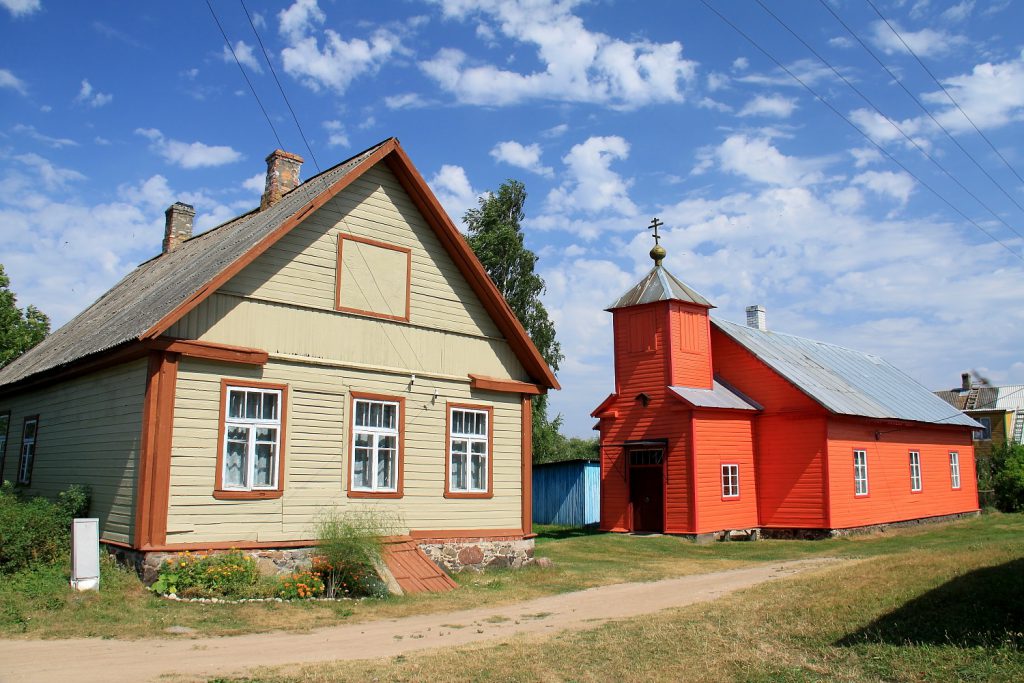Ethnic Russians in Estonia and Latvia tend to want a strong Russia and don’t view it as a military threat, as opposed to their non-Russian countrymen.
According to a recent Pew Research Center survey in Central and Eastern European countries, many ethnic Russians are more favourably inclined towards Russia than their fellow, non-Russian citizens in these countries.
“In Estonia, Latvia and Ukraine – the three former [Soviet] republics in the survey that are home, proportionately, to the largest ethnic Russian populations outside of Russia – ethnic Russians are more likely than the rest of the population to agree with the statement, ‘A strong Russia is necessary to balance the influence of the West’. At the same time, ethnic Russians in these countries are less likely to view Russia as a major military threat or to place most of the blame for violence in eastern Ukraine on Russia or pro-Russian separatists,” Pew said in a statement.
The war in Ukraine has raised concerns about potential Russian incursions in other former Soviet republics. The Pew survey “found that ethnic Russians are more likely than non-Russians in their countries to say that Russia has an obligation to protect ethnic Russians living outside its borders. In Estonia, for example, more than three times as many ethnic Russians as non-Russians hold this view (76% vs. 23%).”
The survey also noted that ethnic Russians in the countries surveyed are more likely than their fellow citizens to say it is better if society consists of people from different nationalities, religions and cultures. That is peculiar in the light that within Russia itself, ethnic Russians are less likely to say that.
Pew also notes there is a nostalgia among many ethnic Russians in Estonia, Latvia and Ukraine for the Soviet past. “They are more likely than non-Russians in these countries to view the dissolution of the Soviet Union as a bad thing. In addition, compared with their fellow citizens, ethnic Russians tend to be more favourably inclined toward Josef Stalin, one of the chief architects of the Soviet Union. By contrast, they tend to be less favourably inclined than others toward Mikhail Gorbachev, the leader who is often associated with the Soviet collapse.”
The Pew Research Center is a nonpartisan American “fact tank”, based in Washington, DC. It provides information on social issues, public opinion and demographic trends shaping the United States and the world. It also conducts public opinion polling, demographic research, media content analysis and other empirical social science research.
Cover: A Russian Old Believer village with a church in Piirissaar, Estonia. Photo by Ingvar Pärnamäe, Wikipedia.

